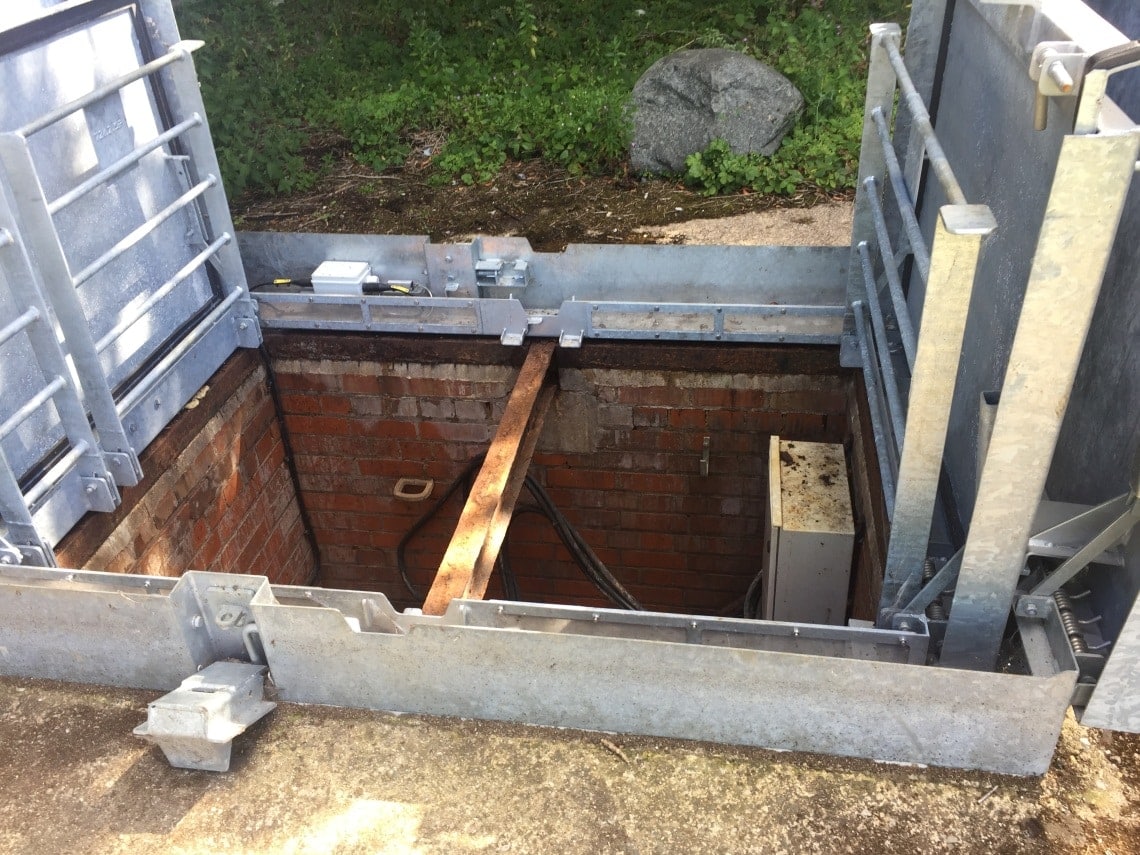Wilo helps mend broken scar - with pumps offering 44% savings in energy costs and annual CO2 emmissions
Broken Scar is one of Northumberland Water’s principal water treatment works, serving the population of Teesside and East Cleveland. The works has a nominal capacity of 180 million litres per day and abstracts raw water from the River tees. The works also has an abstraction licence of 9.1 million litres per day for the No10 borehole, which is used whenever possible as the water from the borehole doesn’t require as much treatment as the water abstracted from the river.
Enter Wilo, the leading borehole pump manufacturer to see if the application could be re-engineered to improve both reliability and operating costs. Initially a complete performance and system analysis was undertaken of the existing installation and modelling suggested high potential savings – forecasting £28,851 per annum. A new K147 hydraulic was selected together with the award winning CERAM “CT” on wear surfaces. This hydraulic was coupled to an asynchronous motor with an internal cooling shroud – offering an optimised pump selection. VSD – variable speed drive - technology is key to the energy efficiency of these pumps. VSD is the ability to change the motor running speed to meet demand. A frequency converter alters the running speed of a motor to increase or decrease the amount of flow and pressure the pump generates. It is akin to the accelerator on your car - the further you depress it, the faster the engine runs, the faster you go. With pumps, it is the other way around. They run as ‘standard’ at full speed and then as the speed is reduced, so is the flow and so is the power consumption.
Once the new unit was installed, complete performance analysis was carried out again, and the results independently verified. Comparison were taken at a fixed duty of 99.2L/s and 32.36mtr head – operating 24hrs per day at £0.095 £/KwH and Co2 calculated at 900 g/KwH. The annual operating costs dropped from £64,683 down to £34,192 – a saving of £30,491 per annum. Amortisation took 0.49 of a year – providing a less than six months payback period. In addition, the carbon savings associated with the reduced energy consumption provide a total saving of 288.8 mt/Co2 per annum. The new borehole unit effectively reduced water extraction costs by 47.1% per mega litre.
“Our figures clearly amazed those listening,” said Wilo’s Sean Fearn. “Even more so when we pointed out that the replacement pump also had the ability to future proof the operation up to a maximum of 12 million litres per day, more than 3 million litres more a day than the current pump was delivering, if required to do so.”
“These figures are astounding” says Northumbrian Water’s Gary Ferguson. “We were looking for improvements over the existing situation, but the Wilo solution has exceeded expectations. The results were independently measured and verified by our energy team. The results underline and reinforce our decision to work with Wilo and offer a clear demonstration of innovation."
Over the past five years, Wilo has developed it position in the water management sector to become the ‘go to’ option for water/utility companies the length and breadth of the UK. Simon Oakes is Sales Director, Water Management at Wilo: “We took time to understand the requirements of the operators, then worked hard with our research and development teams to provide fresh innovation in manufacturing and design to produce the most technically advanced product available – setting a new benchmark within our industry which has positioned Wilo borehole pumps as best in class – and positioned Wilo as the premium choice for over half of UK operators.”
